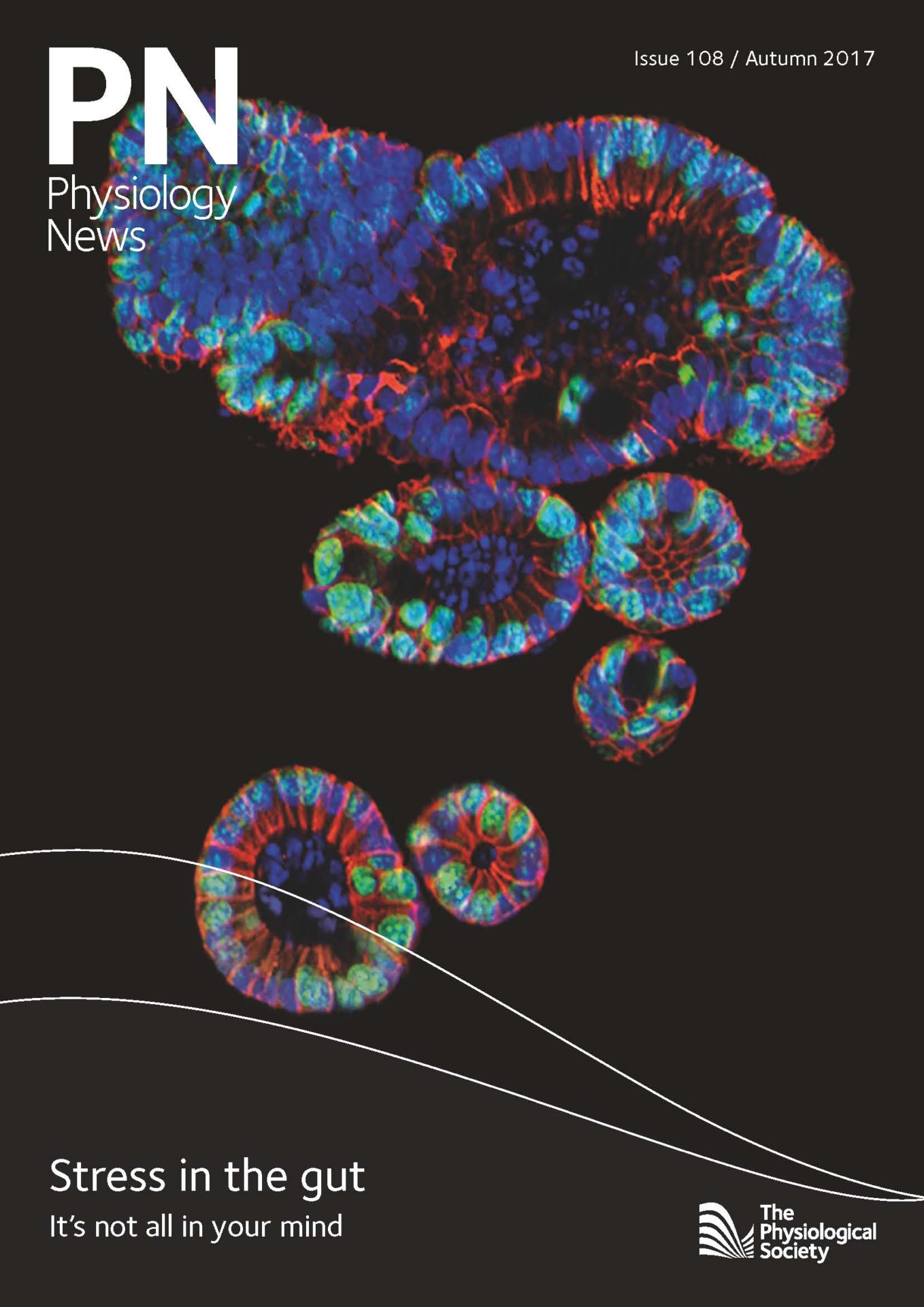
Physiology News Magazine
Physiology – current trends and future challenges
News and Views
Physiology – current trends and future challenges
News and Views
Henry Lovett
Policy and Public Affairs Officer, The Physiological Society
https://doi.org/10.36866/pn.108.13
Around this time last year, The Physiological Society released its report Health of Physiology, which analysed the discipline as it stands in the UK and Ireland. This has provided the inspiration to the International Union of Physiological Sciences (IUPS) to conduct a similar analysis on the strength of the discipline worldwide and the different challenges faced by physiologists and students in different countries. After the project research was carried out, the IUPS partnered with The Physiological Society to examine the responses and write up the conclusions, to produce Physiology – Current Trends and Future Challenges. The report, along with a series of companion essays by all the Chairs of IUPS Committees and Commissions, was released at the IUPS 2017 Congress in Rio de Janeiro, Brazil.
Details were sought from IUPS member organisations on the atmosphere around research, including funding, regulation, public perception, and links with government and industry. Twenty-seven physiological societies across six continents took part, making this project truly global in scale. Most organisations expressed concern regarding the availability of funding, with financial support from government deteriorating in recent years. Several organisations noted that funds are more likely to be disbursed to researchers doing clinical rather than basic research. Most organisations reported technical expertise in physiological sciences, but several remarked on diminishing practical skills for in vivo techniques and animal-based experimentation. Several responding organisations noted that animal experimentation is being discouraged.
Physiology is taught in specific undergraduate and postgraduate degrees, as well as in medical, veterinary, dental, and nursing courses. Several respondents remarked that in their country physiology is not always taught within a dedicated physiology course although there is a growing emphasis that physiology is in fact clinically relevant as the foundation of scientific medical practice and has immediate bedside applicability.
The survey also considered the career prospects of new graduates. Globally, physiologists have good opportunities in academic positions as post doctoral fellows, research associates in research laboratories, and as faculty members. Other professional opportunities are being sought by new PhDs as the struggle to obtain funding support is very onerous. Career opportunities for physiologists in non-academic institutions appear to be good in several countries. There are options in biopharmaceutical companies, biomedical-equipment-related companies, government health programmes, and in science journalism.
An exercise such as this is not merely to take stock of the state physiology is found in, but to offer a route towards improving it. With different countries experiencing very different situations it is not envisaged that these will be universally and identically implemented, but the IUPS and its new Regional Representatives will work closely with the societies to bring about these recommendations.
Recommendations:
- Societies should advocate for continued funding of basic research and collect evidence to document its state in their country.
- Networks and working groups should be created, domestically and internationally, by IUPS and member societies to facilitate the exchange of knowledge and best practice in teaching and research.
- Societies should continue the efforts of the IUPS Outreach Programme to increase support among physiologists for IUPS initiatives and furthering of the World Health Organization’s Health for All agenda.
- Societies should implement outreach activities to raise awareness of and interest in physiology among the public, and encourage the uptake of physiology and related subjects by prospective undergraduate and postgraduate students.
- Societies should develop resources to improve the teaching and learning of physiology, and to ensure graduates have a full appreciation of the complexities at all scales of physiological understanding.
- IUPS must oversee a new Global Mentorship-Building Platform to facilitate Mentor/Mentee relationships among physiologists at various career stages, and in academic and clinical settings, to promote dialogue and aid career development.
- Societies should explore new means to leverage funding from government and private sources, to aid the development of new initiatives designed to strengthen the discipline.
Of course, every IUPS member organisation will do its part for the furtherance of physiology. Here in the UK and Ireland it became apparent that efforts must be redoubled to keep physiology in the public consciousness and to protect the identity of the discipline to maintain a healthy pipeline of skilled students and researchers. To this end, The Society has tried to increase its outward-facing efforts and promote its work to political figures who have sway over the future of science.
While no organisation is yet in the optimum state for driving forward international physiology, there is hope in the future. This report is the first step in a unifying and momentum-raising process to bolster physiology worldwide and achieve its universal recognition as a vital and robust discipline.
